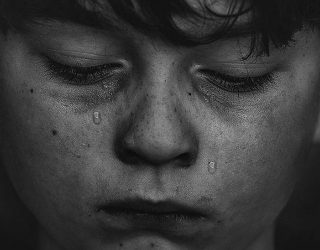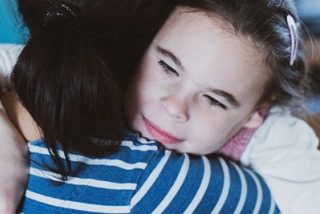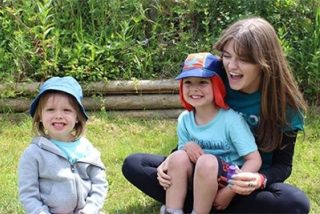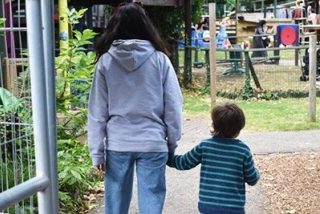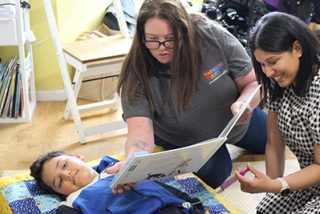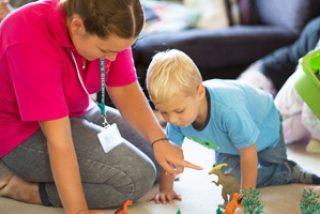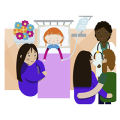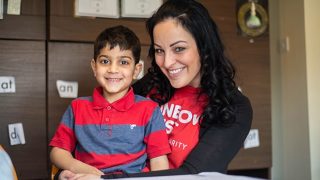When a child experiences the death of a sibling after a serious illness, their life will already have been greatly impacted. They will have lost so much already: time with their parents, normal family life and a relationship with a healthy sibling.
Children will have observed how adults express their emotions or not. They will have learnt how grown-ups react to questions about their sibling. Maybe they will have been excluded from the truth or overwhelmed by too much information. Together with their age and developmental stage their observations and experience of their sibling’s illness will have all been setting the foundations for how they will grieve.
Every family will need to find their own way to experience and manage their grief, sometimes this will be guided by religious or cultural influences, however, it is something that can be prepared for.
For example:
Answering questions as honestly and simply as you can when your child asks.
Creating an extended network around your child so that they can go to other trusted adults to talk or get support.
Thinking carefully about the language you will use as a family to talk about what has happened (using euphemisms may seem kind but can cause a lot of confusion and upset for young children).
It is ok to show children that you are upset; it is through this that they will learn that it is ok to express their own sadness.
Children may show their emotions in ways that seem strange to us. They may seem to ignore what has happened, but then have brief intense times of grief which then pass quickly. They will be testing adults to see if it is ok to show them how they are feeling.
One overriding theme that children who have been bereaved will reflect on is being included. Frequently as adults, the greatest regret is that they were excluded from the family grief and in so doing hindered in adjusting to life without their sibling.
